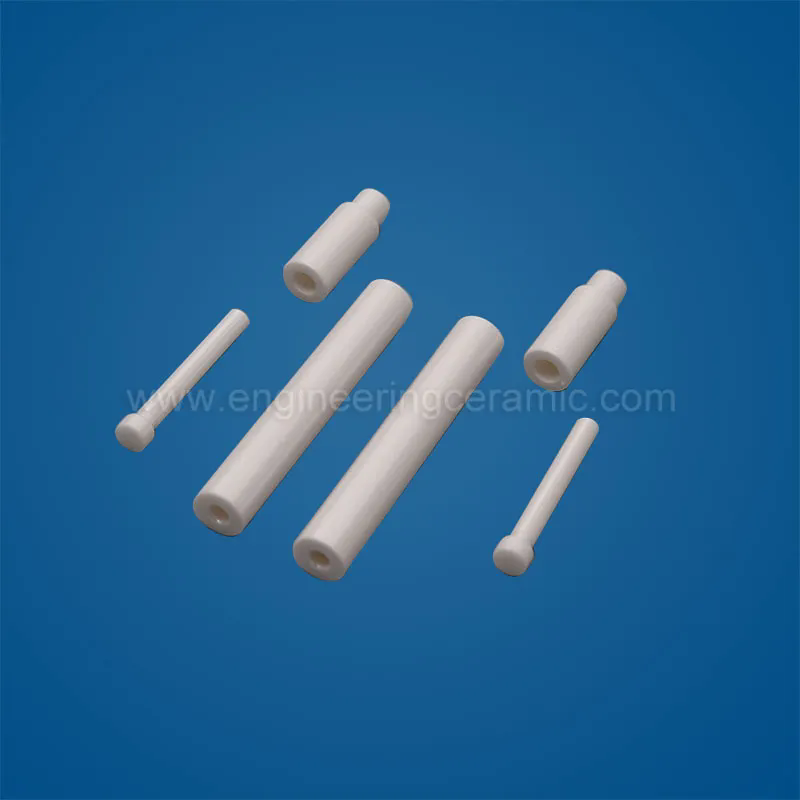What Are Precision Ceramic Components and Why Are They Important?
2024-10-25
What Are Precision Ceramic Components?
Precision ceramic components are highly engineered parts made from advanced ceramic materials, designed for applications requiring tight tolerances and specific performance characteristics. These components are used in various industries, including electronics, aerospace, automotive, and medical devices, where durability, heat resistance, and electrical insulation are essential. The precision manufacturing process ensures that these components meet strict specifications for dimensions, surface finish, and material properties.
How Are Precision Ceramic Components Manufactured?
The manufacturing process for precision ceramic components typically involves several steps, including material selection, shaping, sintering, and finishing. First, high-purity ceramic powders are selected based on the desired properties. These powders are then formed into the desired shape using techniques such as pressing or injection molding. The shaped components are sintered at high temperatures to enhance their density and strength. Finally, precision finishing processes, such as grinding and polishing, ensure the components meet the exact specifications required for their applications.
What Are the Advantages of Using Precision Ceramic Components?
Precision ceramic components offer numerous advantages over traditional materials like metals and plastics. They exhibit exceptional hardness and wear resistance, making them ideal for demanding environments. Ceramics also possess excellent thermal stability, enabling them to withstand high temperatures without deforming or losing their properties. Additionally, many ceramic materials are excellent electrical insulators, making them suitable for electronic applications where conductivity must be minimized.
In Which Applications Are Precision Ceramic Components Used?
These components are widely used in various applications, such as in semiconductor manufacturing equipment, where they provide reliable insulation and heat resistance. In the automotive industry, precision ceramic components are used in sensors and fuel cells due to their durability and chemical resistance. Medical devices also benefit from ceramics, as they can be formulated to be biocompatible, making them suitable for implants and surgical instruments. Furthermore, precision ceramics are critical in aerospace applications, where performance and reliability are paramount.
What Should You Consider When Choosing Precision Ceramic Components?
When selecting precision ceramic components, it's essential to consider factors such as material properties, design specifications, and the intended application environment. Different ceramic materials have varying mechanical, thermal, and electrical characteristics, so understanding the specific requirements of your application is crucial. Additionally, working with experienced manufacturers who specialize in precision ceramics can help ensure that you receive components that meet your exact needs and quality standards.
In summary, precision ceramic components play a vital role in many industries, offering superior performance characteristics that enhance product reliability and efficiency. As technology continues to advance, the demand for these components is expected to grow, driving further innovations in their design and manufacturing processes.



